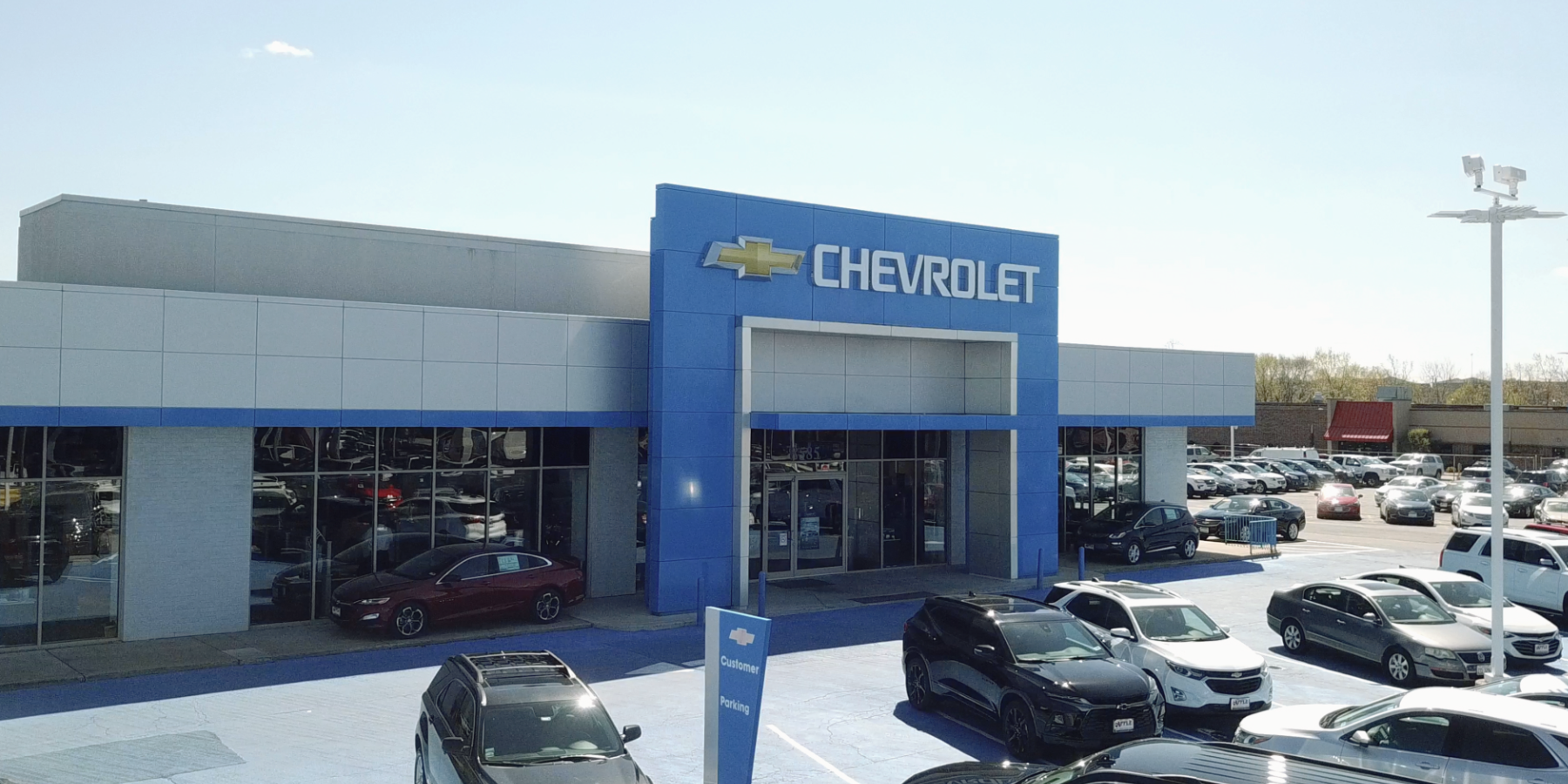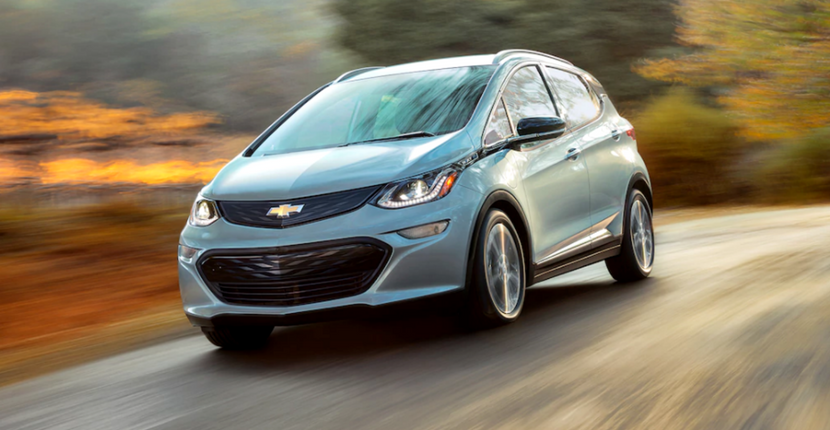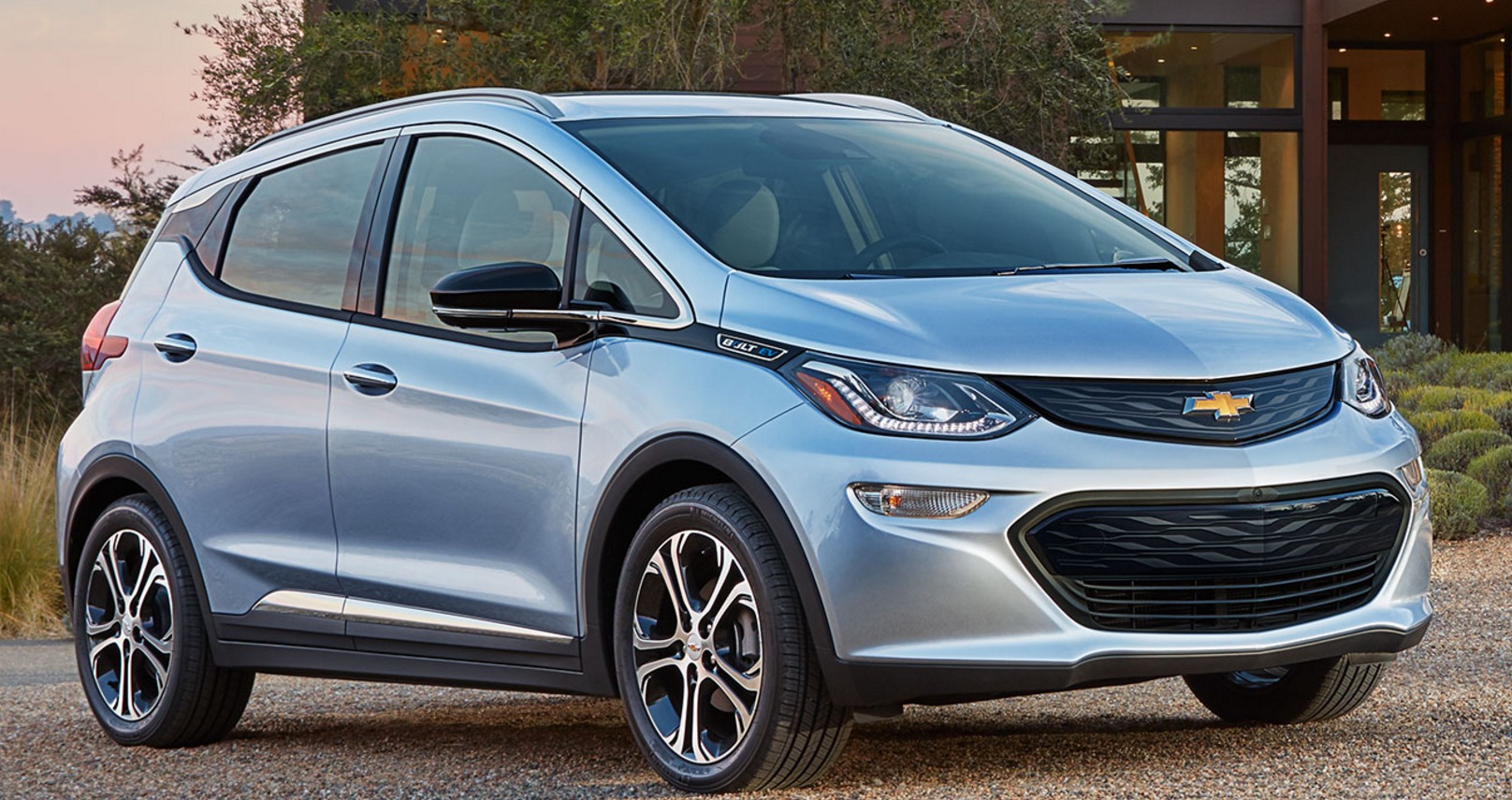Car Makers Slash Prices to Keep Up With Strict Emission Standards
California is currently one of sixteen states in the U.S. to adopt policies set forth in the Low Emissions Vehicle Program.
Setting the trend for vehicle emissions regulation back in the 60’s, the California Air Resources Board has influenced not only U.S. law, but policies adopted by other states as well. The Low Emissions Vehicle Program is a voluntary clean car initiative put in place in 1997 to help reduce smog and greenhouse gases due to vehicle emissions. It mandates that (specified model year) new cars and light-duty trucks meet strict tailpipe standards in order to decrease ground level ozone and environmental pollutants.
These standards were adopted as a result of the Federal Clean Air Act in 1990 and because California suffers from some of the highest levels of air pollution in the nation, it enacted even stricter standards than the ones mandated by the EPA. Those of us here at Apply Chevy, your Tinley Park Chevy dealer, are even witnessing a growing need to combat harmful emissions in Illinois.
As technology improves, the government has held automobile companies to a higher standard. One of the most recent amendments to the Low Emissions Vehicle Program includes the Zero Emissions Vehicle (ZEV) Program. The ZEV Program is primarily used to promote the use of zero-emissions vehicles, such as the Chevy Spark, and decrease the amount of pollution in large cities across the U.S.
Along with these initiatives, others were launched that improved upon the twenty-year-old mandate like the Ultra Low Emission Vehicle and Super Ultra Low Emission Vehicle laws from 2018 onward. Now, the government is calling on automakers to also push zero emissions cars according to sales targets set in 10 states.
Since they generate about 97 percent of new light vehicles sales in California, automakers are required to sell an estimated 15.4 percent of plug-in hybrid, electric, and fuel cell automobiles by 2025. The mandate is part of a series of new laws affecting vehicle greenhouse gas and smog-forming emissions. Some car companies think it’s too risky to require a certain number of cars be sold by a certain date because market-readiness. But lawmakers say otherwise.
“An electric car is the lowest hanging fruit on the tree requiring the least amount of change from the consumer of anything we can do to reduce greenhouse gas emissions,” says Clinton Climate Initiative transportation director, Steve Crolius.
To meet the ever-tightening standards, brands like Chevrolet have been lowering the price of vehicles like the all-electric Spark. The automaker just reported that it would be cutting the price of the Spark by $1,650. Factor in federal and state tax credits and buyers could be looking at a whopping $12,000 in savings.
And from our perspective here at Apple Chevy, that may just be a good enough reason to buy a Chevy Spark or Chevy Volt and help out the environment.




